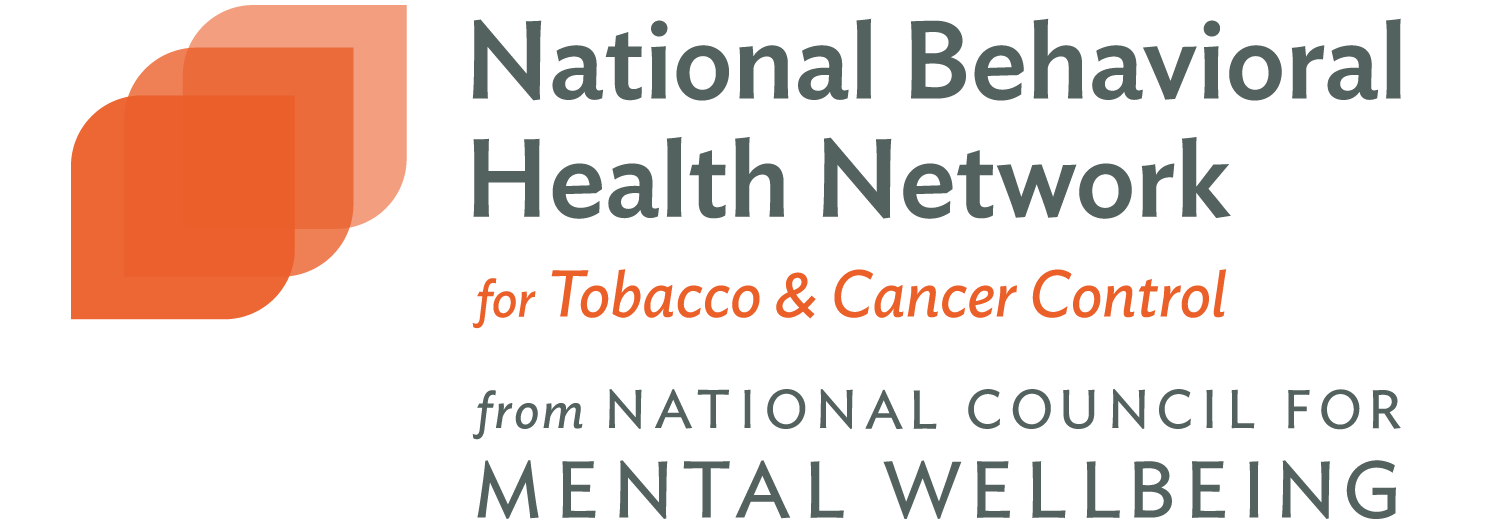Treating tobacco use disorder should be a major priority for addiction psychiatrists for many reasons. For example, half of all deaths for patients with mental illness are attributable to tobacco[1] and tobacco is the number one cause of death for patients with other substance use disorders.[2, 3] Behavioral health professionals already possess the skills and experience necessary to motivate clients to work towards abstinence from substances of abuse, including tobacco.[4] Indeed, tobacco use can be approached as a co-occurring disorder and treatments can be matched to motivational level. Medications are often necessary because of the high rates of severe tobacco use disorder and the presence of uncomfortable withdrawal symptoms that emerge within hours of abstinence. Clinical practice guidelines recommend that medications be used in nearly all tobacco users[5] but prescribing rates for these medications remains low and psychiatrists have been slow to adopt recommendations to treat all tobacco users they see.[6, 7]
Medication-assisted treatments are associated with better success in making a quit attempt and progress has been made in enhancing patient outcomes with medications for tobacco use disorder. Combining nicotine replacement therapies (NRT), such as prescribing nicotine patch and gum, has been shown to be more effective than a single NRT.[8] Varenicline is the most effective medication for smoking cessation when used as a monotherapy and this was shown conclusively in the recent Evaluating Adverse Events in a Global Smoking Cessation Study or EAGLES.[9] This 12-week study of more than 8,000 patients was a randomized, double-blind, triple-dummy, placebo-controlled and active-controlled (nicotine patch; 21 mg per day with taper) trial of varenicline (1 mg twice a day) and bupropion (15 mg twice a day). The purpose of the study was to investigate the incidence of neuropsychiatric side effects such as suicidal ideation and included cohorts of smokers with and without psychiatric disorders. Smokers in the psychiatric cohort were stable outpatients with conditions including major depression, bipolar disorders, anxiety disorders and some with schizophrenia.
The results of EAGLES confirmed prior studies that showed that varenicline had greater efficacy when compared to nicotine patch or bupropion, both in smokers with or without a prior history of psychiatric disorders.[9] The study found a 2% incidence of neuropsychiatric side effects in the non-psychiatric cohort with no differences between treatment groups. That is to say, varenicline was not associated with more patient reports of anxiety, depression, agitation, and feeling abnormal than nicotine patch, bupropion or even placebo. The same trend was seen in the psychiatric cohort, although the overall rate of reporting symptoms was higher (5–6%) in this group. That patients with known psychiatric illnesses would report more symptoms of low mood, anxiety and even psychosis during the 12-week study period is not surprising, and most importantly, there was no difference between treatment groups.
This data showing the lack of neuropsychiatric side effects was consistent with other published double-blind, placebo-controlled clinical trials of varenicline. Original warnings of suicidal thoughts, hostility, and agitation came only from case report data and the FDA first put a black box warning on varenicline in 2009. This data was never validated in the original or subsequent studies of varenicline[10] although questions persisted until EAGLES. The European Medicines Agency, the European version of the FDA, removed their warning label on varenicline last year. The FDA held similar Advisory Committee meetings to review all available data and subsequently removed the black box warnings from both varenicline and bupropion on December 16, 2016.
The black box warning has been a barrier to utilizing these medications with concern from both prescribers and patients. Indeed, psychiatric hospitals and treatment centers have enacted local “Chantix bans” prohibiting use even when requested by patients. Hopefully now with this new scientific information, we can move forward on this urgent agenda to treat tobacco users more effectively and more aggressively. The risk benefit ratio overwhelmingly supports treatment for tobacco use disorder with medication and counseling, and most smokers will need several attempts to ultimately succeed. For the risk averse provider, it would seem more hazardous to not offer this evidence-based treatment in clinical practice, as it is quickly becoming a standard of care in behavioral health. For our patients, it is truly a matter of life or death
References:
- , , , et al. Patterns of tobacco-related mortality among individuals diagnosed with schizophrenia, bipolar disorder, or depression. J Psych Res. 2014; 48:102–110.
- , Cause-specific mortality among people previously hospitalized with opioid-related conditions: A retrospective cohort study. Ann Epidemiol 2014; 24:620–624.
- , , , et al. Mortality following inpatient addictions treatment. JAMA. 1996; 275:1097–1103.
- , , , et al. Tobacco use and mental illness: A wake-up call for psychiatrists. Psych Serv. 2014; 65:1406–1408.
- 5, , , et al. Treating tobacco use and dependence: 2008 update US public health service clinical practice guideline executive summary. Respir Care. 2008; 53:1217–1222.
- , , , et al. National trends in the provision of smoking cessation aids within the Veterans Health Administration. Am J Manag Care. 2005; 11:77–85.
- , , , et al. Increasing tobacco dependence treatment through continuing education training for behavioral health professionals Increases. Psychiatr Serv. 2015; 66:21–26.
- , , , et al. Pharmacological interventions for smoking cessation: An overview and network meta-analysis. Cochrane Database Syst Rev. 2013; 5.
- , , , et al. Neuropsychiatric safety and efficacy of varenicline, bupropion, and nicotine patch in smokers with and without psychiatric disorders (EAGLES): A double-blind, randomised, placebo-controlled clinical trial. Lancet. 2016; 387:2507–20.
- , , , et al. Risk of neuropsychiatric adverse events associated with varenicline: Systematic review and meta-analysis. BMJ 2015; 350:h1109.

